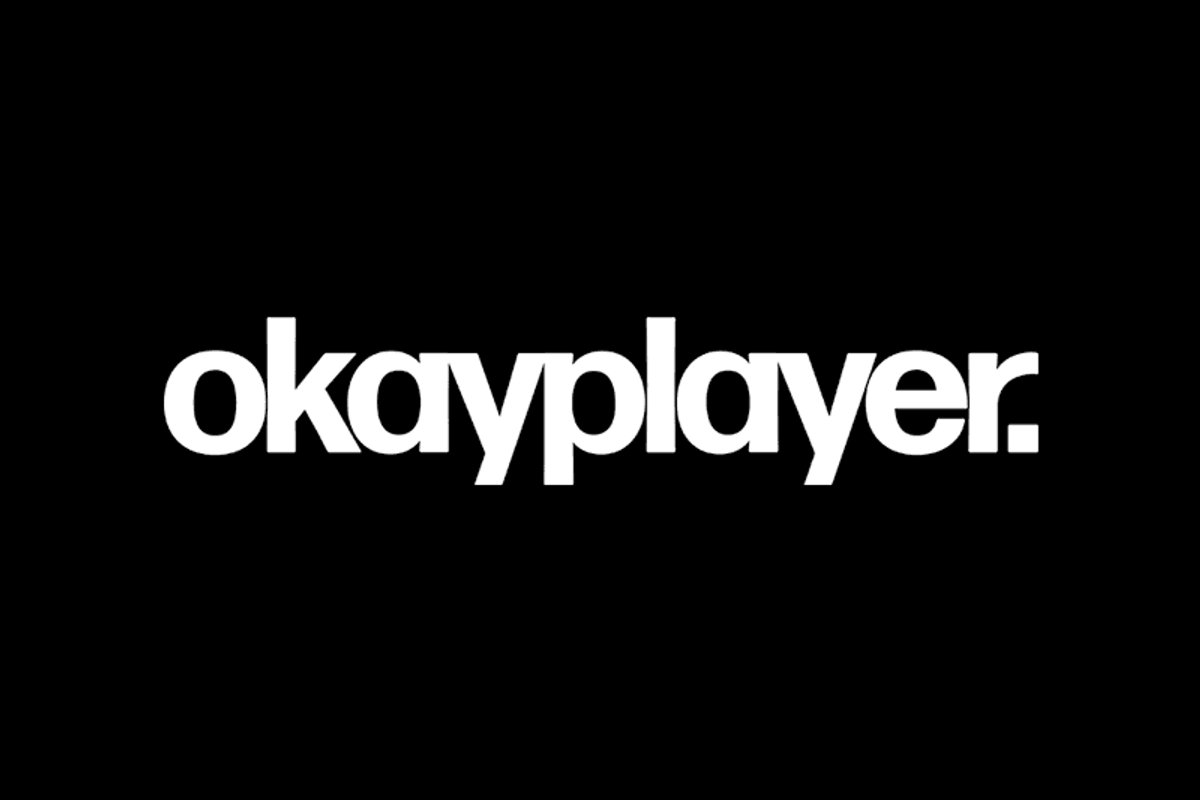
Pass The Popcorn: Zoe Saldana On "Nina" Controversy: 'There's No One Way To Be Black'


When the trailer for the biopic Nina first popped up on the Internet, initial criticisms were directed towards actress Zoe Saldana and her portrayal of the legendary black soul singer, Nina Simone. As we wrote before the controversy surrounding the film and her portrayal wasn't exactly her fault, but there seemed to be a noticeable disconnect between the aesthetic of the film and what Simone stood for.
Regardless, Saldana inevitably spoke out against her critics on Twitter, using a quote from the Little Blue Girl singer to express her frustration (which Nina Simone's Estate didn't appreciate at all).
Well, with the movie having finally dropped earlier this year (it was originally supposed to be released in 2015), it seemed as if the Nina controversy was well behind us. But in a new interview with Allure, The Guardians Of The Galaxy actress revisited the criticisms she received both when the trailer and movie dropped.
"There's no one way to be black," Saldana said. "I'm black the way I know how to be. You have no idea who I am. I am black. I'm raising black men. Don't you ever think you can look at me and address me with such disdain."
The mother of two also commented on the facial prosthetics she wore in the film.
"I never saw her as unattractive. Nina looks like half my family. But if you think the [prosthetic] nose I wore was unattractive, then maybe you need to ask yourself, what do you consider beautiful? Do you consider a thinner nose beautiful, so the wider you get, the more insulted you become?"
The interview also reveals that Saldana turned down the role for a year before finally agreeing to the part. "The fact that we're talking about her, that Nina Simone is trending? We f—ing won. For so many years, nobody knew who the f--- she was," Saldana said. "She is essential to our American history. As a woman first, and only then as everything else."
This is true but let's not forget the wonderful What Happened, Miss Simone?, the Netflix-distributed biographical documentary on the activist and artist, that captured Simone in a way that no film had up until that point. Maybe Nina should've just left this one to the documentary.